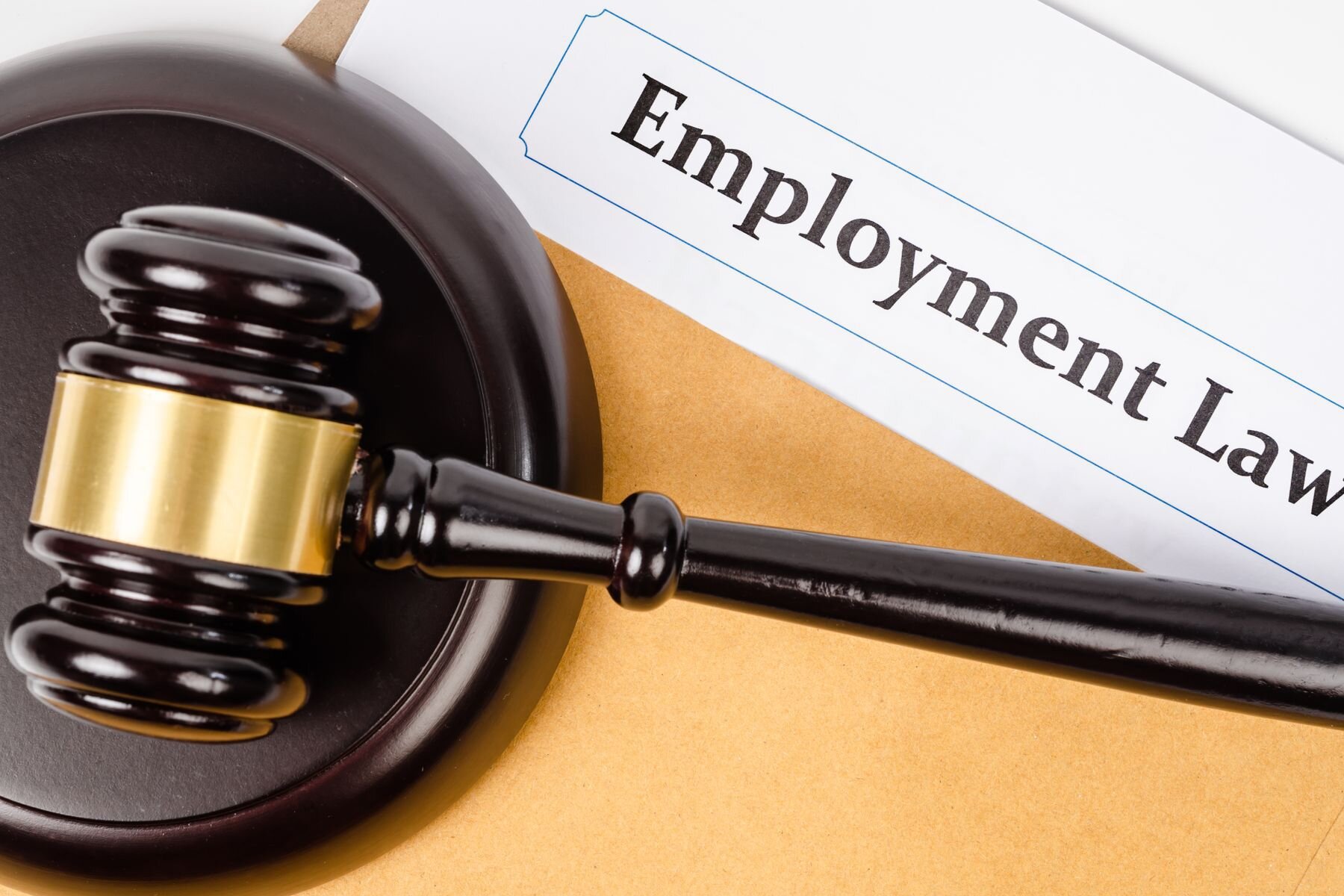California Supreme Court Rules Independent Worker Test Ruling Retroactive
/On January 14, 2021, the California Supreme Court ruled the ABC test retroactive. The test is used to determine worker classification (independent contractor or employee) under the AB 5 law. The ABC test was originally clarified in the 2018 Dynamex ruling.
Clarification of the ABC Test in the 2018 Dynamex Ruling:
In 2018, the ABC test (under AB 5) was clarified. To be classified as an independent contractor, workers must fulfill three standards:
free from the hiring entity’s control and direction of their work performance
complete work that is not typical in the business
have an independently established job done under the work done for the business
Workers who do not meet all three of the above standards (A, B, and C) should be classified as employees, making them eligible for benefits and certain protections under employment law not available to independent contractors.
The ABC Test Received a Blow from Proposition 22:
In 2020, the ABC test came under fire. First, AB 5 was weakened when many businesses covered under the law qualified as “exempt.” The second blow came in November 2020 when California voters passed Proposition 22 leaving all rideshare companies exempt from AB 5. Since the proposition passed (in a landslide), many groups have actively been attempting to overturn the proposition in court.
The Controversy Over the ABC Test Continued in the California Supreme Court:
Despite worker classification being an undeniably major issue, the controversy over the ABC test continued on to the California Supreme Court. Jan-Pro Franchising International workers brought their case to the California Supreme Court, where the court found in the workers’ favor despite the weakening of AB 5 following the passage of Proposition 22. Workers can continue filing suit against companies in violation of the ABC Test retroactively through 2018. Companies remain liable for any AB 5 violations from 2018 through the present. Chief Justice Tani Cantil-Sakauye argued that there was no compelling justification to deny workers the benefit set forth by the Dynamex case.
If you have questions about California labor law violations or how employment law protects you against labor law violations, please get in touch with Blumenthal Nordrehaug Bhowmik DeBlouw LLP. Experienced employment law attorneys are ready to assist you in any one of various law firm offices located in San Diego, San Francisco, Sacramento, Los Angeles, Riverside, and Chicago.










